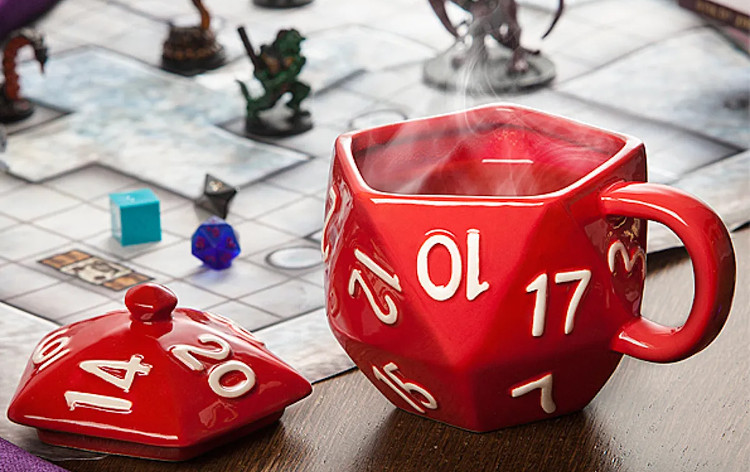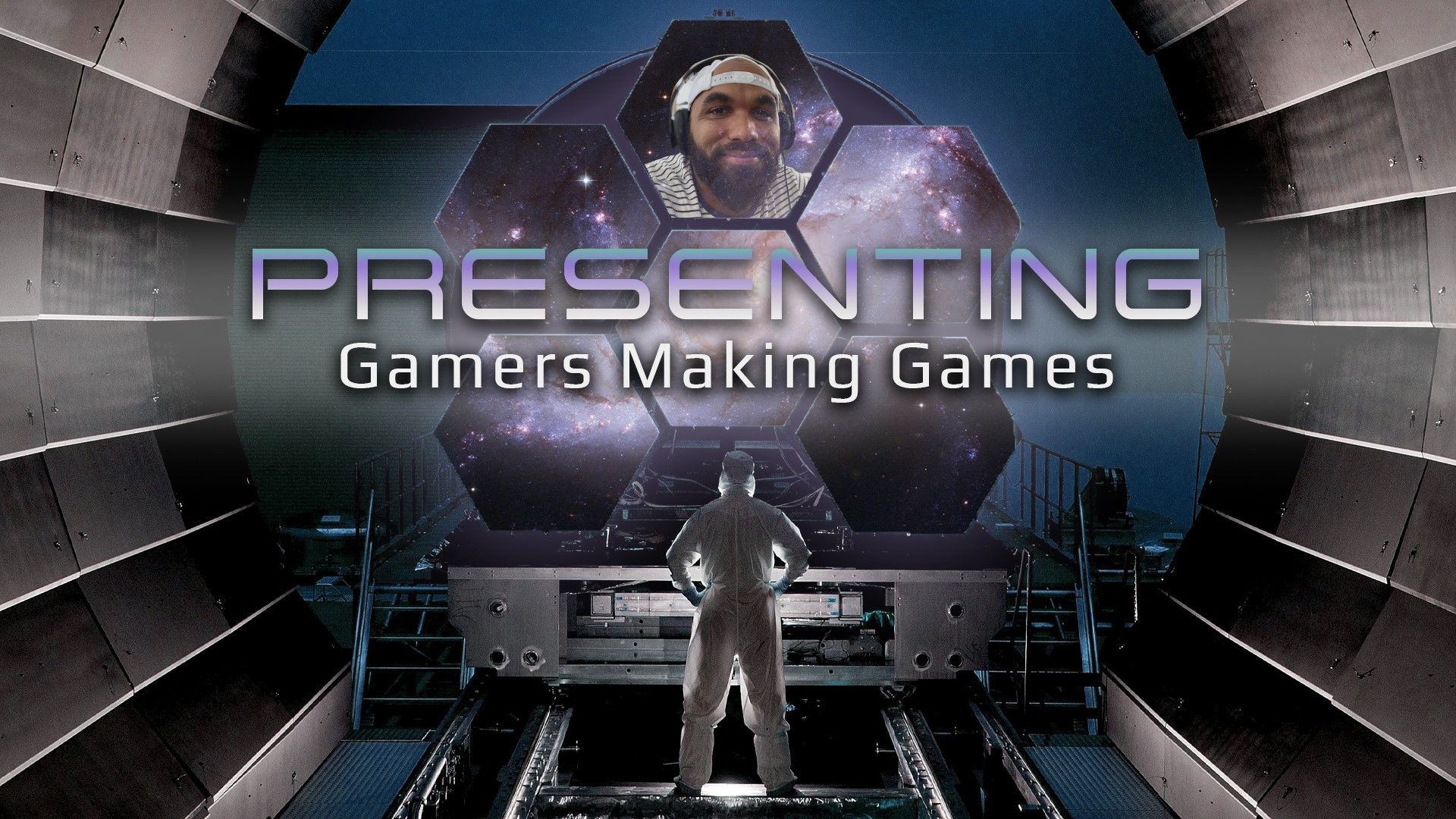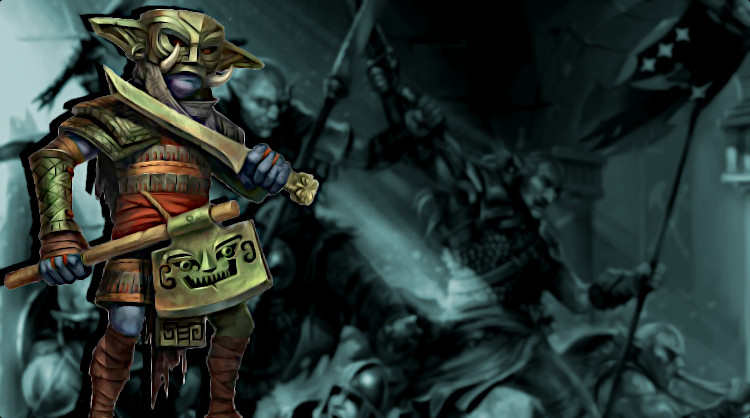When I watched Saturday Night Live in the early 90s, Mike Myers starred in a recurring sketch called Coffee Talk. In this TV talk show parody, Myers played host Linda Richman, an impersonation of his mother-in-law, amplifying her more stereotypically Jewish qualities. When she felt verklempt, she instructed her audience to talk amongst themselves, offering up topics like “Palmolive – it’s neither palm, nor olive” and “The jelly bean is neither made of jelly nor is it a bean. Discuss.”
Linda Richman may have just needed a distraction to compose herself, but Coffee Talk inadvertently introduced an underused tool for the GM toolbox.
PCs, Talk Amongst Yourselves
Sometimes, my fellow GMs, we need a moment. Maybe we need to check our notes. Maybe we need to check a rule. Maybe we just need to check out for a minute. Whatever the reason, we are allowed to take a break during sessions.
Previously when the need arose, I let the players drop out of character and chat as friends. However, getting their heads back into the game could be challenging. Sometimes all it took was a forceful, “OK, so…” Other times, drawing them away from the table talk took as much effort as starting the session.
Now, instead of a topic of interest to the players, I prompt them with a topic of interest to their characters.
Weaponize “Let Me Tell You About My Character”
Most players love talking about their characters. We can use that, my fellow GMs, by asking the table a personal question about the PCs, then leaving them to discuss while we do what needs to be done.
A good prompt highlights an aspect of the player characters that might not get explored organically. When a player fills out their characters sheet and writes their backstory, they make a series of decisions. And because characters sheets are formulaic and backstories tend to cover the same ground, it’s easy to find questions that apply to the whole table equally.
For example, although a PC’s religion means more to divine casters than other characters, every character sheet includes space for their god. “What would your god say about that?” gives everyone a chance to express why they chose that god, and apply that decision to the current campaign.
Best of all, we don’t need to pay attention to any of that discussion. A good personal prompt engages the players in a way that teaches them about each other’s PCs (and maybe even their own), without needing our attention.
Previously, On…
Question: How many players in your group write notes?
Follow-up question: How many players in your group read those notes?
The notes may be there, but that doesn’t mean all players know what’s happened equally. Getting the players to discuss the plot helps solidify the campaign’s details, solidifying the foundation of the shared narrative. And we don’t just have to ask about the broad strokes of the campaign’s plot. Every campaign includes dangling threads.
“Hey, remember X? What were you going to do about that?”
This isn’t railroading if it’s reminding players of the details and subplots they verbally put a pin in, only to forget that they intended to get back to it. It’s also consistent with the logic of the campaign world. Players living a few hours of these characters’ lives each month might get distracted from the minutia of their adventures, but the characters engaged in life and death struggles will remember to look up the symbol on the signet ring they found in the bishop’s hidden drawer.
Whether it’s about the PCs or the campaign, you want to choose a topic that will lead to a fun conversation.
But Not Too Fun
How is there an upper limit to how fun the topic can be? Because we don’t get to be a part of the conversation, my fellow GMs.
In a live recording lost to the ages, the Adventurous cast played a game of House On Haunted Hill on Twitch. For those unfamiliar, House On Haunted Hill is a board game that starts cooperative, but then one player gets corrupted, triggering the endgame. There’s a whole booklet of corruptions, each with its own rules and narrative. As the player whose character got corrupted in this game, I had to find and read my rules while everyone else waited. But, this being a live stream, the rest of the players chatted to entertain themselves and the audience. And, counterproductively, me. I couldn’t concentrate on my task at hand because I wanted to engage in the chatter with my friends.
So, only choose a topic related to the PC’s backstories if you already know that part of their backstories. Choose a topic related to their builds if you already know that about their builds. Choose a topic about the campaign that you don’t need to answer questions about or listen to in case they get the details wrong. This is a conversation to keep our players, and only our players, engaged while our focus is elsewhere.
Conclusion
We may think that as GMs we need to witness all in-character interactions to inform how we run the campaign. However, that’s only partially true. As long as we’re made aware of the decisions the characters make, we know the direction to take the action. If the motivation for that decision came from an in-character conversation we missed, we still have the context we need to move forward. Moreover, we win some time to prepare for the next leg of our adventure.
Every two weeks, Ryan Costello uses his experience as a Game Master, infused with popular culture references, to share his thoughts on best GMing practices to help his fellow GMs. Often deconstructing conventional wisdom and oft repeated GMing advice, he reminds his fellow GMs that different players play the game in different ways, and for different reasons.






